

Rental property utilities play an extremely important role in defining the overall cost structure and operational efficiency of an investment property. Whether utilities are included in the rent or billed separately can impact both tenant attraction and retention, as well as a property’s bottom line. Understanding and navigating utility-related matters, is a vitally important aspect of rental property management for any real estate investor or landlord.

In the realm of rental properties, utilities represent a significant consideration for both landlords and tenants. These services not only provide necessary comforts and conveniences but also factor into the overall cost of renting. Here’s a list of typical utilities associated with rental properties:
Powers lighting, appliances, and other electric devices in the property.
Often used for heating, cooking, and sometimes for water heaters.
Essential for hygiene, cooking, and sometimes for heating in properties with a boiler.
Collection and disposal of waste and recycling materials.
Provides connectivity for tenants and is increasingly seen as a basic utility.
Although not as essential as others, it’s sometimes included in rental properties, especially furnished ones.
Covers the cost of wastewater removal.
In some properties, heating and cooling may be a separate utility, especially in regions with extreme climates.
Especially for single family rental properties with yards that require regular upkeep.
For rental properties in regions with heavy snowfall, these costs can be significant.
Rental property utilities are usually paid by either the landlord or tenant. Deciding who pays them is a strategic decision that can significantly impact a property’s bottom line and tenant appeal. While it may seem simple to have the tenant pay them all, various factors like local market conditions, property type, and tenant expectations also play a role into the decision. Below are 4 commonly used methods to determine who will pay for utilities:
When it comes to managing utilities in rental properties, the responsibility can often be divided between landlords and tenants. The division depends largely on the rental agreement, property type, and local legislation, but generally, certain trends can be observed. The chart below compares common utilities and who usually pays them.
| Utility | Typically Paid by Landlord | Typically Paid by Tenants |
|---|---|---|
| Water & Sewage | Yes | No, but some multifamily properties may bill proportionately |
| Electricity | No, except for all utilities included properties | Yes |
| Natural Gas | No, except for all utilities included properties | Yes |
| Trash & Recycling | Yes | No, except for some single family rental properties |
| Landscaping | Yes | No, except for some single family rental properties |
| Internet, Cable, Telcom | No, except for all utilities included properties | Yes |
Utility management software provides for a streamlined approach to monitoring, controlling, and optimizing utility consumption in residential and commercial buildings. By automating data collection and analysis, this software helps property owners and managers reduce costs, improve sustainability, and enhance tenant satisfaction.
Once a month, we send out an exclusive Rental Property Market Update with top stories, current mortgage rates, building products, and more. No spam and unsubscribe anytime.

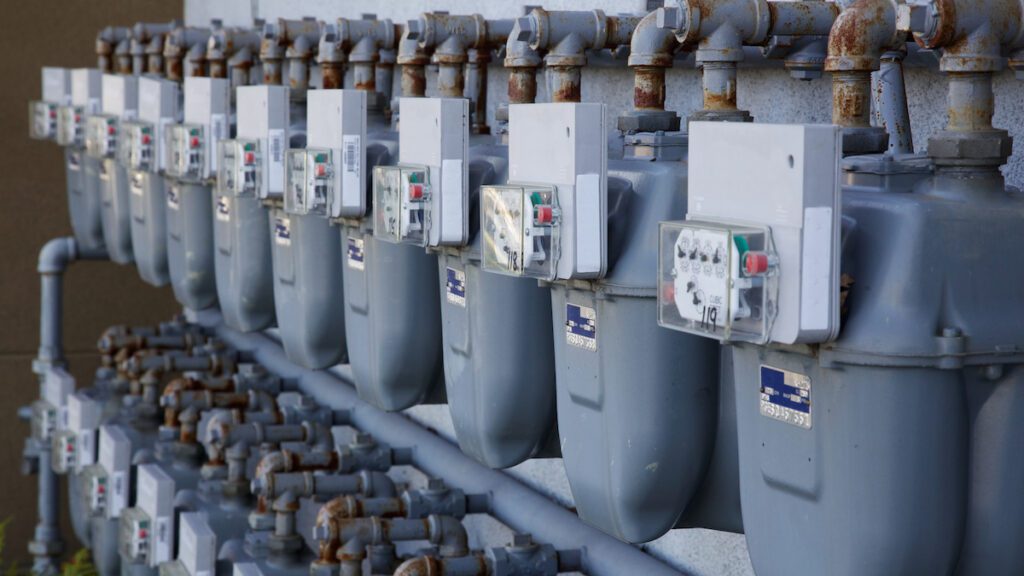
“Utilities” refer to essential services required for a livable, functional space. They typically include electricity, gas, water, and sewage services, necessary for lighting, heating, cooling, cooking, and sanitation. Additionally, utilities can also encompass services such as trash collection, internet, cable TV, and landline phone services. The responsibility for payment of these utilities is typically stipulated in the rental or lease agreement.
When a rental property is listed as having “utilities included,” it means that the cost of certain utilities shall be included in the rent. This is common in multifamily properties and essentially means that the landlord assumes responsibility for paying the utility bills directly, rather than the tenant. The specific utilities covered in this arrangement, such as electricity, water, heating, or internet, should be clearly outlined in the lease agreement. For tenants, this can simplify budgeting as they have one less variable cost to consider, while for landlords, it can be an attractive feature to attract and retain potential renters.
Average utility prices can vary based on many different factors such as property size, age, and occupants. According to Move.org, the list below is a compilation of the average monthly utility cost for American residents as of 2021:
Electricity: $117.46
Natural gas: $61.69
Water: $45.44
Sewer: $66.20
Trash: $25–$100
Internet: $59.99
Phone: $114
Streaming services: $48.25
US total: $538.03–$613.03
The Ratio Utility Billing System (RUBS) is a method commonly used by landlords and property managers to allocate utility costs among tenants. In multi-family properties or apartment complexes, it can be challenging to determine individual utility usage. RUBS addresses this by apportioning costs based on factors such as unit size, number of occupants, or a combination of these. This method is beneficial in properties without individual utility metering. However, landlords need to comply with local regulations and be transparent with tenants about this billing method to avoid potential disputes.
Commercial real estate utilities encompass a broad range of services that are critical for maintaining the operational efficiency and comfort of commercial spaces. Unlike residential properties, commercial utilities can be more complex and potentially include services like waste disposal, security systems, and specialty services related to the business type. The allocation of these utility costs can be a crucial part of lease negotiations, often depending on the type of commercial lease in place, such as net leases or gross leases. Furthermore, energy-efficiency measures and green certifications can significantly impact utility costs and appeal to environmentally conscious tenants.

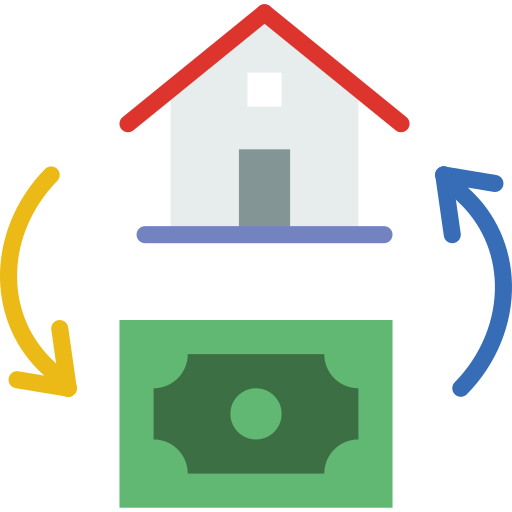
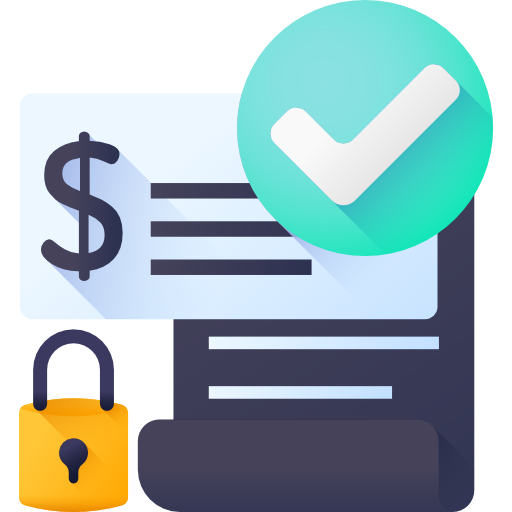

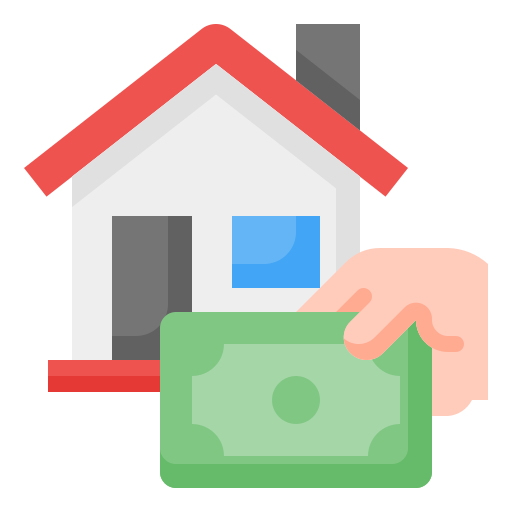

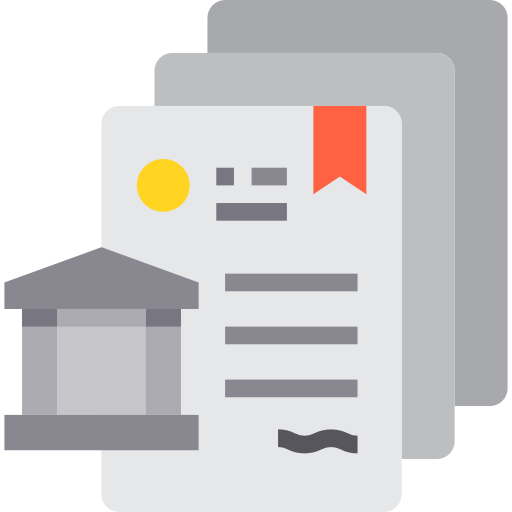
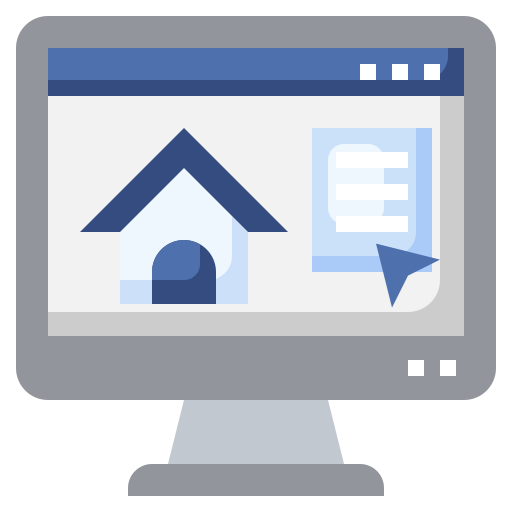
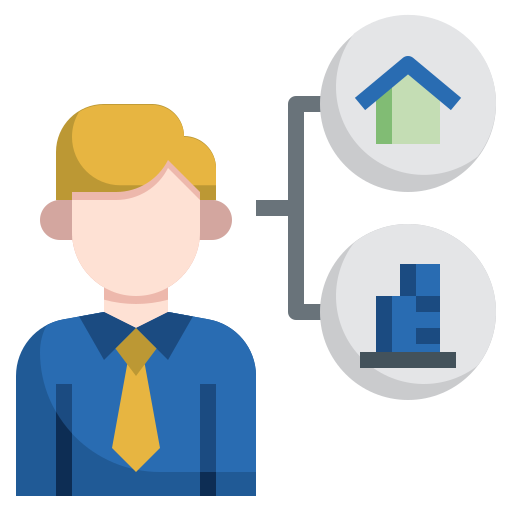
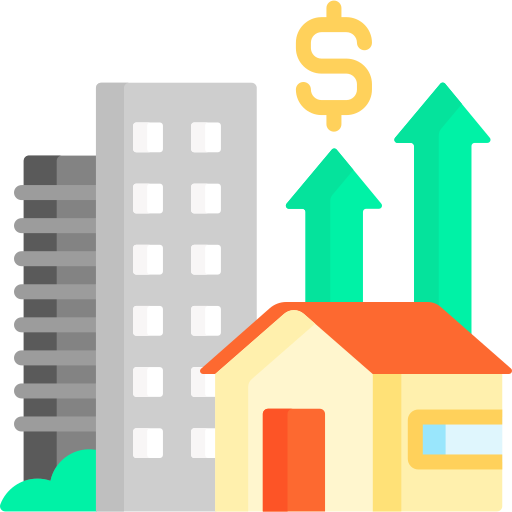

I’m an investor, real estate developer, and property manager with hands-on experience in all types of real estate from single family homes up to hundreds of thousands of square feet of commercial real estate. RentalRealEstate is my mission to create the ultimate real estate investor platform for expert resources, reviews and tools. Learn more about my story.
Disclaimer: The information provided on this website does not, and is not intended to, constitute financial advice. As such, all information, content, and materials available on this site are for general informational purposes only. Please review our Editorial Standards for more info.